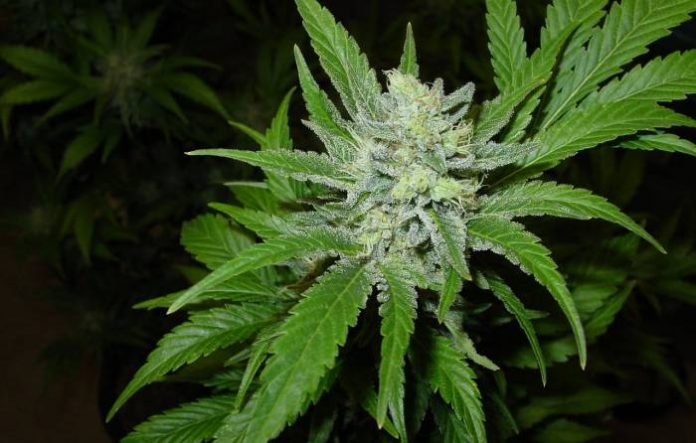The USA’s Food and Drug Administration (FDA) has fired a shot across the bows of cannabis vendors touting cancer cure claims.
The Administration announced last week it had sent warning letters to four companies it says were claiming their products prevent, diagnose, treat, or cure cancer – but without evidence to support these outcomes.
“Substances that contain components of marijuana will be treated like any other products that make unproven claims to shrink cancer tumors,” said FDA Commissioner Scott Gottlieb, M.D. “We don’t let companies market products that deliberately prey on sick people with baseless claims that their substance can shrink or cure cancer and we’re not going to look the other way on enforcing these principles when it comes to marijuana-containing products”
The FDA says claims were in relation to the non-intoxicating compound cannabidiol. CBD has shown potential for treating a wide range of conditions and while its efficacy in many instances is yet to be scientifically established, there has been headway.
In June, we reported researchers at St George’s, University of London, have confirmed cannabinoids are particularly effective in killing leukemia cells – however, this was when THC and CBD is used in conjunction with conventional chemotherapy treatment.
There are many anecdotal reports of cannabis being of benefit in treating cancer, but again, these have not been scientifically proven. The good news is there is ongoing research other than the St. George’s study investigating the potential of cannabis. For example, we reported earlier this year a University of Nottingham study evaluating the potential of cannabidiol (CBD) in treating children with brain tumours.
The FDA’s action isn’t unwarranted or heavy-handed. If the market was left to its own devices, dubious claims would no doubt proliferate – and sick people can be desperate people; particularly vulnerable to messages of hope that may turn out to be false.
However, some of the claims the FDA published do have their basis in scientific research, but may not have been properly referenced. For example:
“Non-psychoactive cannabinoids like CBD (cannabidiol) may be effective in treating tumors from cancer – including breast cancer.”
A 2015 study found cannabidiol induced both apoptosis and autophagy-induced death in breast cancer cells; but it’s important to bear in mind there’s often devil in the detail of these studies and not all cannabidiol products are equal – as with anything, quality can vary wildly and there potential issues relating to contamination to consider.
As with marketing any product, cannabidiol vendors need to exercise extreme caution when making claims, and ensure any benefit or potential benefit stated can be backed up with evidence.
The FDA says it has demanded responses from the companies involved stating how the reported violations will be corrected and says failure to rectify the issues may result in legal action, including product seizure and injunction.


